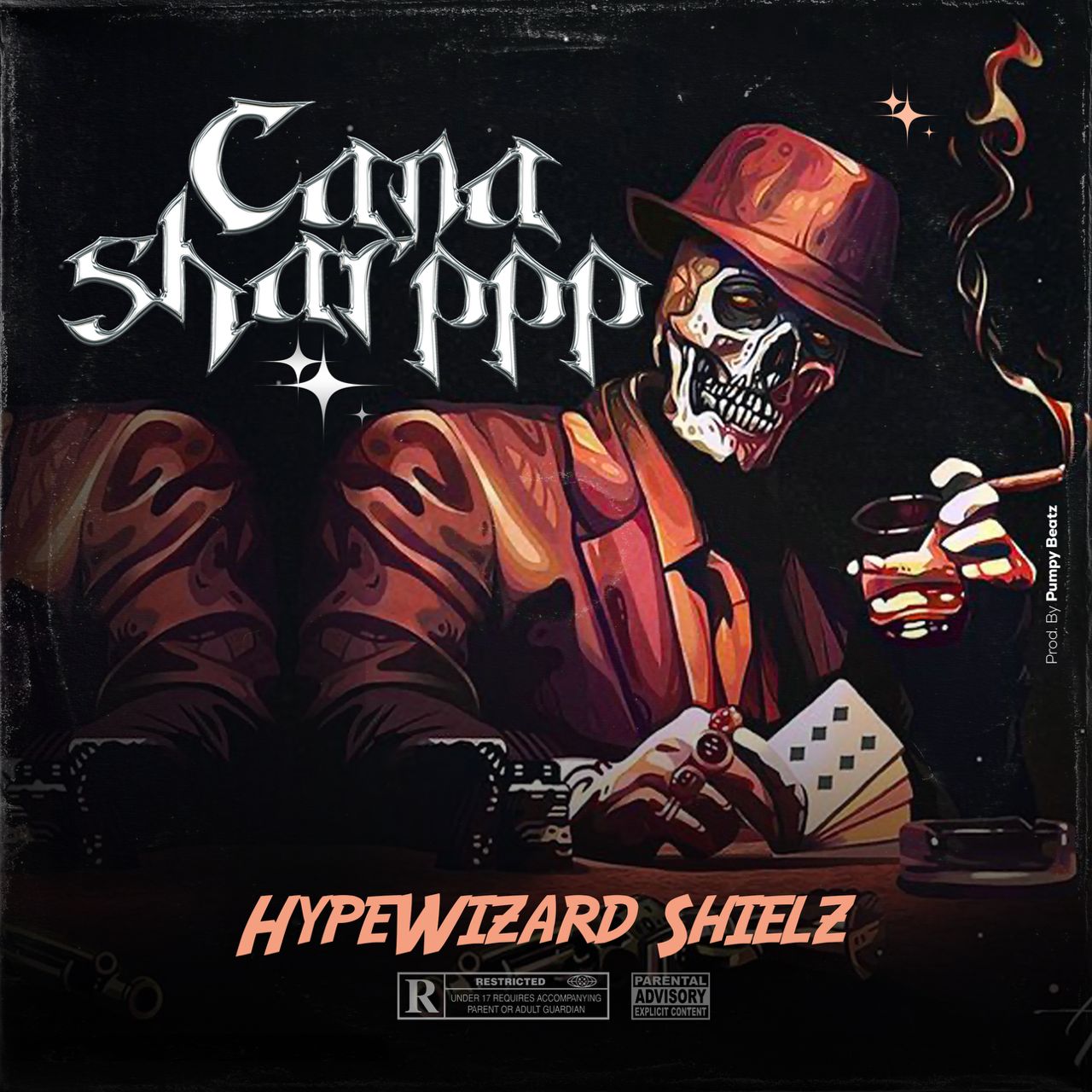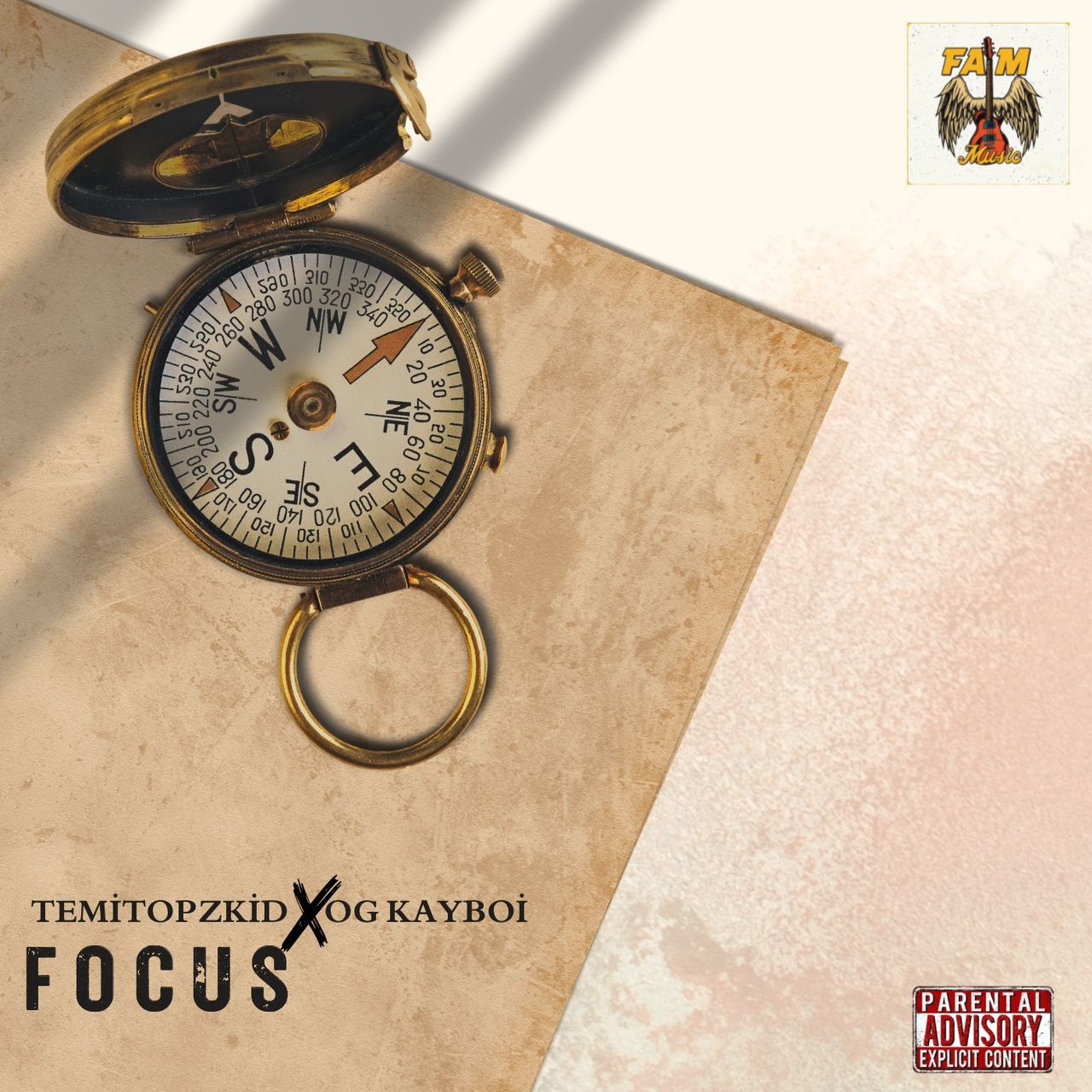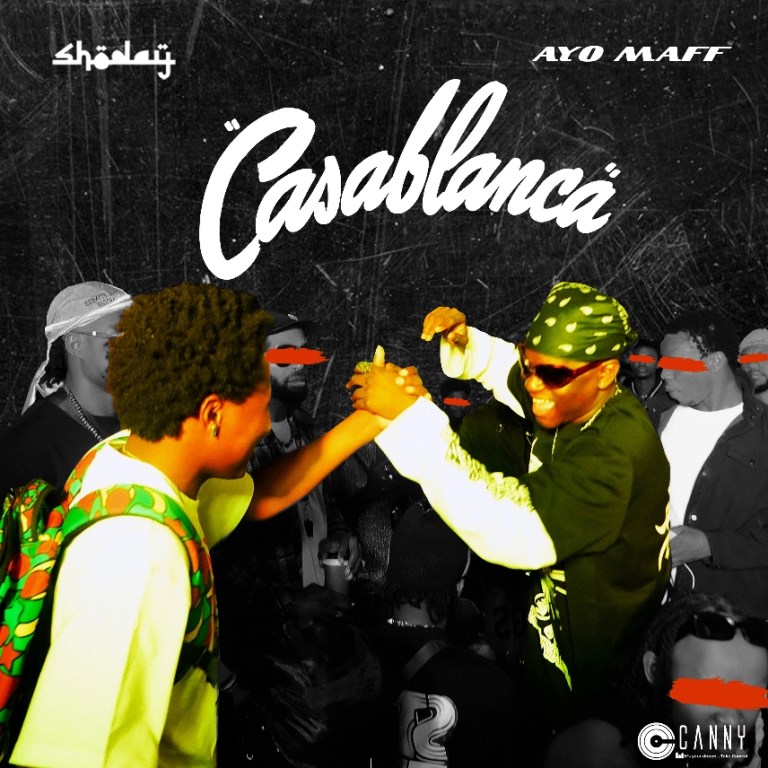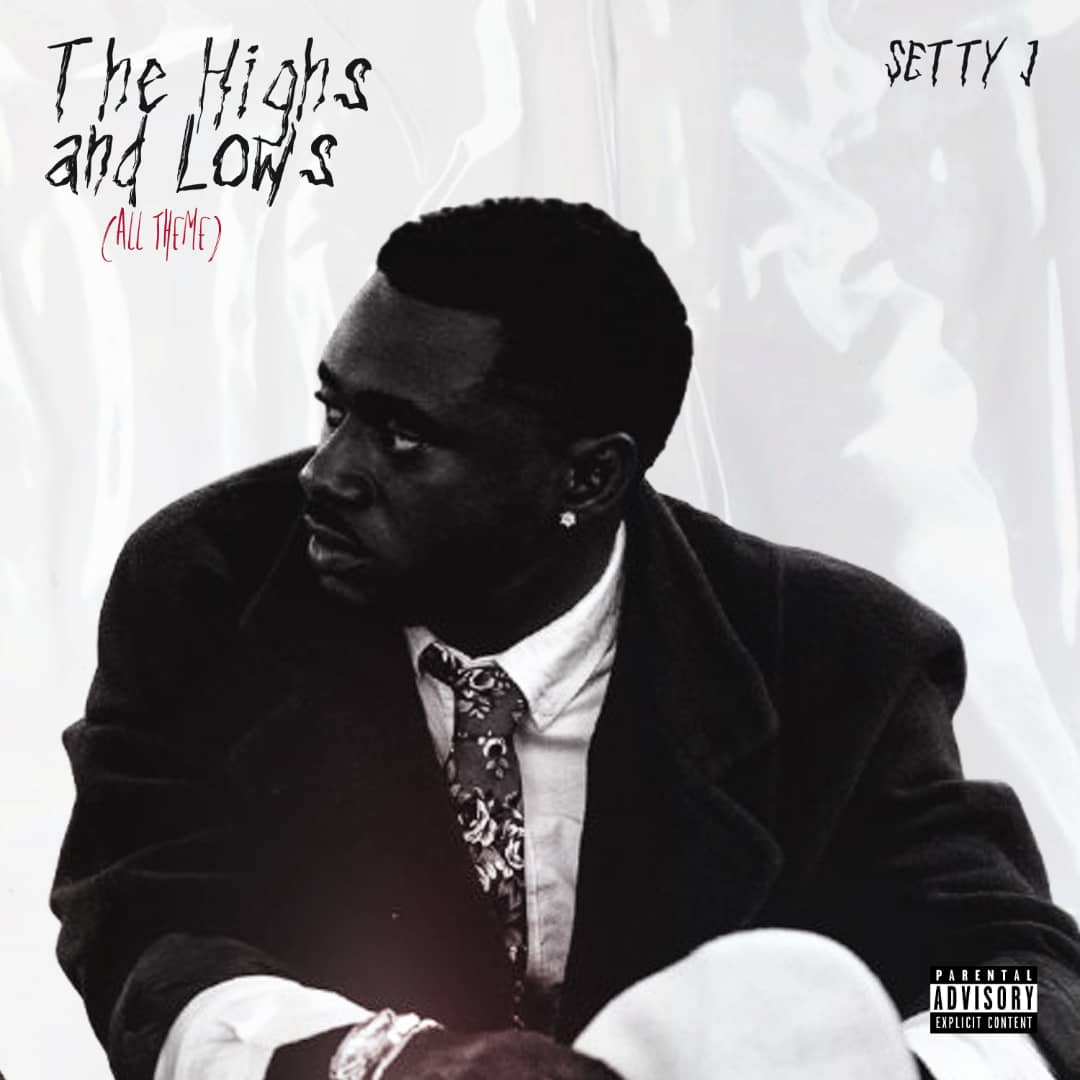Experts Speak On Fate Of 9-Year-Old Suspect Who Set Abuja Supermarket On Fire

It is no longer news that the burning of Ebeano supermarket in Abuja and the subsequent viral video involving a minor is generating a buzz on social media.
The supermarket, located in Lokogoma area of Abuja, was engulfed by fire on the 17th of July and a viral video emerged on Monday showing how the fire started.
In the video, a young girl, who is reported to be about 9years old, could be seen setting fire on some items close to some highly flammable items. The little fire resulted in the massive inferno that firefighters struggled to put out.
According to legal experts, there is room for both criminal and civil trial on the matter, however, the involvement of a minor as the principal suspect has changed the dynamic of the case.
Bakare Rasheed, a lawyer said a minor cannot be tried in a regular court, but a juvenile court.
The lawyer, while speaking with DAILY POST on Monday, slammed the police for releasing the viral video, which according to him, violates the Child Rights Act 2003.
“The girl can be subjected to trial (though not in regular court) only in designated court (juvenile court) for persons who have not attained the age of maturity.
“Trial of minors does not take place in public court but usually in place not meant for the public to witness the proceedings. Identities of such minor is usually protected.
“The idea of the police to have leaked the CCTV footage is in violation of the girl’s right (regardless of the fact that she is a suspect having perceived to have committed offences of mischief by fire or explosives as contained in Sections 336 and 337 of the Penal Code) The Penal Code is applicable in Abuja (the place where the alleged crime took place),” he said.
He explained that section 50 of the penal code “exonerates minors (who are 7 years below or minors above 7 years but below 12 years) from offences under the Penal Code if there is sufficient reason to believe that such a minor do not understand the nature and consequence of a crime.”
“Section 452 of Administration of Criminal Justice Act, 2015 provides to the effect that where a minor is a suspect (in relation to a crime), the Child Rights Act 2003 shall be applicable
“Section 204 and 205 of the Child Rights Act, 2003 regulates the form and manner at which child judicial processes should be conducted. A child investigation and trial shall at all times protect the privacy of such a child.
“The word conviction shall not be pronounced in respect of minors even if found guilty of such offence. The minor may be ordered to participate in group counselling. The parent or guardian may be ordered to pay fine, cost, damages or give security for his good behaviour. The child may be ordered to be under a supervision officer for a particular period of time. The child may be ordered to be restrained in a particular place or building for minor offenders,” he added.
Another legal practitioner, Henry Kelechukwu, said the two adults that allegedly took the little girl to that supermarket could face trial for the crime.
Accord to him, the two adults could face charges of conspiracy, aiding and abetting and even the main crime.
“A child cannot be held liable for any criminal case, the law tries to protect the future of a child, putting into consideration the fact that the child may not have been aware or understand the facts, the consequences or the impact of his/her action.
“With respect to this particular issue at Ebeano, it is simple, were it not for those adults, that the CCTV camera captured, that took her there, who may have directed her mind towards committing that particular crime. Those two would be held liable for conspiracy, they would be held liable for aiding and abetting and they would be held liable for the crime itself.
“Even though they were not the one who went to light up the place, in my opinion, for them to have gone there— there is what we call accessory before the fact, and accessory after the fact. What makes you a principal offender is participating in the main act itself, and by taking a person there and also being there to ensure the thing was done, it has changed you from being an aider, abetter to the main offender.
“If at the end of the day, through investigation and interrogation, that they indeed took her there, with the intention to commit the act, then they would be held liable for the said arson.”
Mr Kelechuckwu also opined that the owner of the business can file a civil suit against the persons involved, however, the success of the case will depend on the ability of the offenders to pay.
“The owner of the business can sue those two, you can sue them through a civil action. Although, if the court should make a judgement and they can’t pay, that is a bad judgement. Unless if they have properties that you can take,” he noted.
TRENDING!!!
-
 HypeWizard Shielz – Cana Sharppp
HypeWizard Shielz – Cana Sharppp
-
 Frank TJay – Destiny (feat. Wyper)
Frank TJay – Destiny (feat. Wyper)
-
 Davido – Funds ft. ODUMODUBLVCK & Chike
Davido – Funds ft. ODUMODUBLVCK & Chike
-
 Young Jonn – Ten Times
Young Jonn – Ten Times
-
 FOLA – Bye Bye
FOLA – Bye Bye
-
 Zlatan Ft. Olamide – Gimme Your Love
Zlatan Ft. Olamide – Gimme Your Love
-
 Temitopzkid Ft OG Kayboi – Focus
Temitopzkid Ft OG Kayboi – Focus
-
 Shallipopi Ft. Olamide – Order
Shallipopi Ft. Olamide – Order
-
 Davido Ft. YG Marley – Awuke
Davido Ft. YG Marley – Awuke
-
 Shoday Ft. Ayo Maff – Casablanca
Shoday Ft. Ayo Maff – Casablanca
-
 Liya Ft. Olamide – Vibes On Vibes
Liya Ft. Olamide – Vibes On Vibes
-
 Magixx – Lemme Know
Magixx – Lemme Know
-
 Blaqbonez – Louder
Blaqbonez – Louder
-
 Setty J – Gara
Setty J – Gara
-
 Setty J – Vibe Feat. Bims
Setty J – Vibe Feat. Bims






